All B2B businesses, do you want to target a more extensive customer range? Do you want to expand your business, not only selling for companies, but also individual customers? If so, you cannot overlook this blog. Today, we want to suggest a different business model for such a purpose: B2B2C eCommerce.
This article will provide everything related to the topic.
For those running a B2C business that wants to expand to B2B and join the B2B2C model, don’t worry as we will give some vital information on the transition from B2C to B2B2C eCommerce. Please stay tuned!
If you are ready to enter the B2B2C playground, let’s consult our experts now for the best preparation. Fill in our form here >>>
What Is B2B2C Ecommerce?
Table of Contents
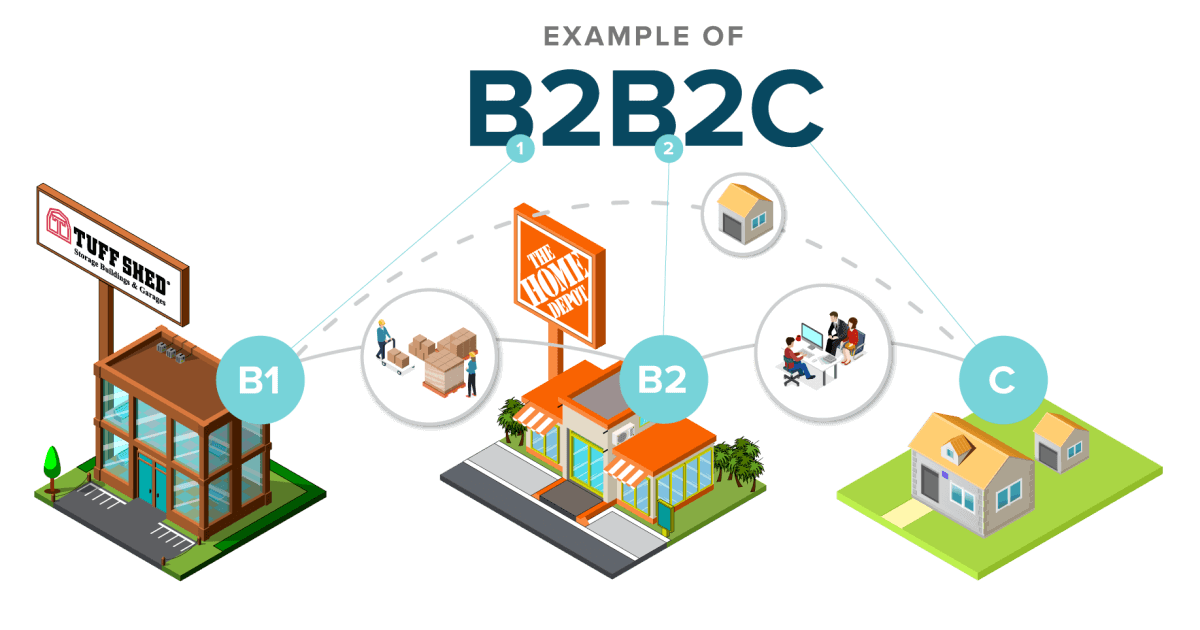
Source: KBMax
You may be familiar with B2B, B2C, B2G, and similar models. However, have you ever heard of the B2B2C model, which is relatively popular nowadays?
B2B2C business model means eliminating the middleman between B2B businesses and the end consumers. The model enables B2B firms to get in direct contact with the end-users of their products.
This business model can be referred to as Business-to-x (B2X), Business-to-everyone (B2E), Business-to-many (B2M). In the B2B2C model, the wholesalers or manufacturers can reach the end consumer through another B2B business or directly selling to customers.
And with B2B2C eCommerce, all transactions will be conducted online, on an eCommerce website, a storefront, or a mobile app. Amazon is a typical example of a B2B2C eCommerce. It stocks goods from other manufacturers and providers and offers a channel for consumers to make orders.
Moving from B2B to B2B2C Is A Trend
According to research in 2018 and 2019, 61% of all manufacturers and wholesalers bypassed the middleman and sold directly to the end consumers. Why is that so?
Recently, more and more B2B businesses are moving or expanding to the B2B2C model. Consumers now expect more from companies with a seamless shopping experience. Savvy customers, especially millennials and Gen Z, can notice the lack of connection between B2Bs and B2Cs.
As the largest generation at present, Millennials with a spending power of $1.4 trillion, making up about 30% of all retail sales in 2020, are whom businesses cannot ignore. That’s the reason why many B2Bs are forced to make changes.
The end consumers and even business buyers also have some expectations from the wholesalers they choose. Although B2B businesses try to treat their business buyers differently; however, business buyers are still looking for a user experience like Amazon, where they can access and make a purchase 24/7 at convenience.
There are 3 primary trends driving the shift to the B2B2C eCommerce model:
Customer-Centric
Increasing customer expectations requires manufacturers who directly create products to respond to customer demands for their products promptly. This forces manufacturers to understand and understand customer needs and expectations, to produce and deliver customized products.
Some behavioral trends and customer needs can be mentioned including searching for products with trust origins, searching for new product experiences, paying attention to brand community values, etc.
Ecommerce Development
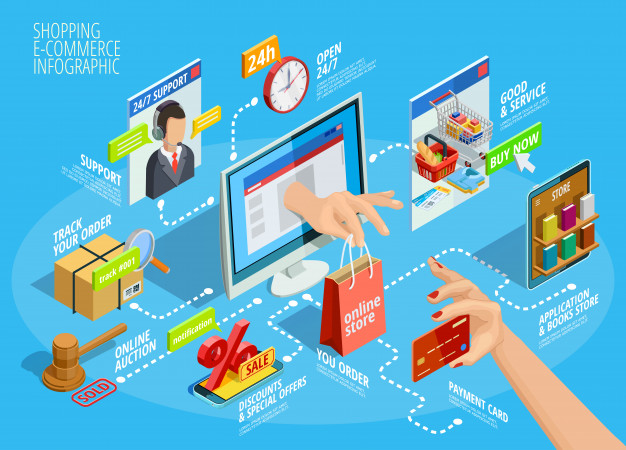
Ecommerce development trends enable manufacturers to directly provide products to the end consumers.
Several B2B2C advantages are, for example, digital payment through e-wallet, Visa/MasterCard, mobile banking with many advantages and exclusive promotions; collecting customers information, feedbacks more quickly and accurately.
The benefits and merits that a B2B2C eCommerce website brings to your business are for sure uncountable. So if you’re considering these decisions, BSS Commerce is here to make all your ideas and desires real. We commit to bring exceptional products and services to optimize your business effectively. CONTACT NOW and let us know your requirements!

Technology Development
Technologies are under development, supporting the B2B2C model creation, such as:
- Data optimization: Data becomes an essential property of each enterprise in Industrialization 4.0. To get a better result, firms store information and explore and utilize data to make practical and oriented decisions.
- Internet of Things (IoT): IoT supports manufacturers to perform real-time monitoring to achieve a wide range of goals, including cost reduction, increased efficiency, improved safety, and ensured production compliance. As a result, the IoT empowers manufacturers to make informed, timely decisions.
- Big data: Big data are extensive, complex data sets. It is so large that traditional data processing software cannot collect, manage, and process in a reasonable period. Big data is an essential part of digital marketing, supply chain management, product development, sales, etc.
- Blockchain: As the information network is expanding daily, securing data’s safe transmission is an urgent requirement. Blockchain technology was developed to solve this problem. With a complex encryption system, blockchain allows for high security of information against the risk of data theft.
- Artificial Intelligence (AI): AI is no longer a concept but has become an application tool in almost every field, from analytics, marketing tools, and customer service platforms to digital advertising and smartphones.
B2B2C Advantages
The B2B2C eCommerce model could be considered a variant of a business model, utilizing the other 2 models’ strengths. When expanding your business to B2B2C, you can gain these benefits as follows.
360-degree View of The Customer

Once businesses can meet customer expectations, they can gain profits. Hence, the B2B2C model was born, derived from the goal of being customer-centric.
User experience optimization is not the focus and priority of almost all manufacturers. Instead of that, most of their customer-oriented attempts are for retail partners.
However, due to fierce competition, customer-centric is becoming increasingly essential. With the B2B2C model, the distance between manufacturers, wholesalers, and customers is shortening.
Moreover, along with advanced technology like ERP (Enterprise Resource Planning), BI (Business Intelligence), businesses have more opportunities to understand consumers who directly use their products more deeply.
Through a profound understanding of the demand, businesses can develop solutions for improving supply to respond to consumer demands at maximum, bringing about customer satisfaction for each target customer range.
B2B B2C B2B2C Transparent Information Between Subjects
Publicity and transparency are advantages of the B2B2C eCommerce model. All information, including information on products, price, goods in stock, etc. will be updated on the eCommerce platform in real-time; hence, customers can effortlessly follow, evaluate, and make a decision.
In addition, transparent information helps businesses and their partners to update information more quickly. This means that if any problem arises in the manufacture, operation, or delivery process, they can timely find solutions and fix it to minimize damages.
Easily Control Partners & Data
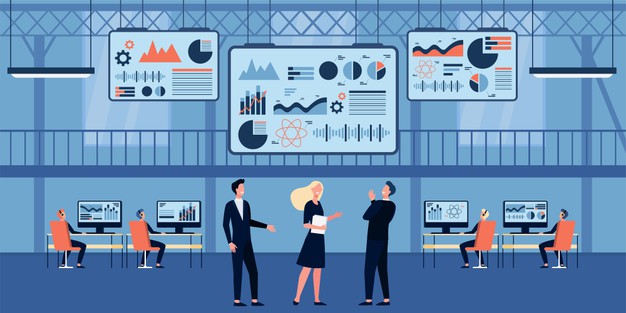
The traditional B2B business model ends when manufacturers sell their goods to retailers. Those firms have no connection with the end consumers. Retailers can take this opportunity to sell the goods at the price they want and market in their way.
The B2B2C model enables manufacturing firms to manage other brands and information about items with little effort. They don’t have to worry about inconsistency during the information transmission process or worry about brand sharing with third parties.
Utilize The Power of Multiple Channel Partners
With the expansion from B2B to B2B2C eCommerce, manufacturers can leverage the strengths of all channel partners. Instead of focusing on selling to another business, a manufacturing firm can increase the economy by exploiting another enterprise’s customer base.
Therefore, if the firm can build up an ecosystem with diverse partners, it can boost brand awareness, trust in customers, and increase product sales.
Less Time-Consuming for Product Marketing
As mentioned above, manufacturing firms can utilize the customer base of other partners. And thanks to a diversified multi-channel partner ecosystem, enterprises are able to shorten the marketing period as the product can reach customers more quickly than before.
This competitive advantage can push the development of manufacturing businesses moving from B2B to B2B2C model.
Sustainably Boost Sales

Transparent information on the B2B2C eCommerce platform also helps businesses control the price better, merge MSRP (Manufacturer Suggested Retail Price) with the actual selling price. Therefore, customers may feel more secure when purchasing as the end consumer’s price will be the best.
Additionally, all the advantages above like the power of multi-channel partners, time shortening for marketing, deep understanding of customers, and increasing brand control are essential factors that help boost sales and generate more profits.
Fully Manage The Supply Chain
Moving to B2B2C means that manufacturing firms don’t need a go-between to deliver their goods to customers anymore. That’s why they can take full control of the supply chain.
Customers want to get their desired products as fast as possible. And sometimes the traditional B2B and B2C models cannot timely meet the customer demands. In this way, the B2B2C eCommerce model is more effective. It enables manufacturers to provide goods more quickly.
Challenges for B2B Businesses When Moving to B2B2C Ecommerce

Despite those advantages, there are several difficulties that businesses have to face when conducting the transition from B2B to B2C.
The most apparent challenge is the Marketing strategy. Besides business buyers, firms now also have to deal with the end consumers simultaneously. And each target customer range has different characteristics that you cannot treat in the same way. Therefore, you need to care about the marketing strategy to attract both business buyers and individual customers.
Secondly, businesses should create unique user experiences on their websites. In terms of technical perspective, it might create a challenge for B2B firms. Their websites must contain more features than B2B ones, making them work consistently and smoothly with the inventory warehouse.
Also, suppose a B2B business is considering moving to the B2B2C model. In that case, they have to ensure that their clients and partners are willing to provide consumers’ data access, which is relatively difficult to tell.
Consumers’ data is crucial for any business, and they may be cautious of letting you earn benefits from their customers. In case they are not ready to share it with you, you will lose your partnership.
However, moving to the B2B2C model is still a trend that is beneficial for B2B businesses. It would be an effective solution for businesses in terms of expansion in the future.
Flip Side: What About B2C to B2B Transition?
We have mentioned much about B2B to B2B2C models. However, what about those B2C businesses that want to expand to business buyers as well? We have solutions for that either.
A B2C website transiting to a B2B or B2B2C site has to change and add several specialized features to adapt to the new business model and satisfy new customer types.
Access Restriction
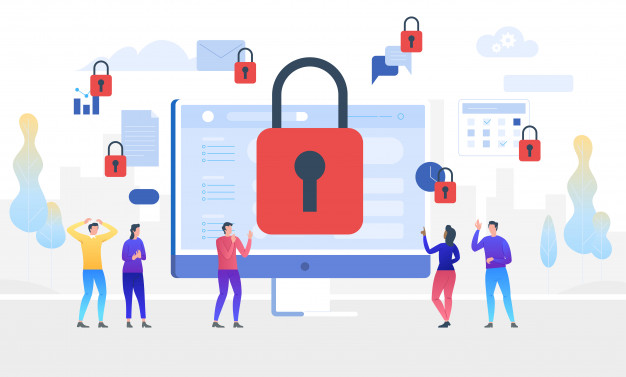
On a B2C website, customers can freely view all of the products and find their ideal ones. However, it might not be the same with B2B sites. You might want to restrict access when shifting to B2B.
Restricting access requires visitors to create an account and log in to the website to view B2B businesses’ specific categories, carts, pricing, payment type, etc. Your demand prediction and evaluation might be affected if you let everyone, even unauthorized viewers, get access to your B2B site.
This is beneficial for vendors if they look for something closer to an Order Portal experience or ensure that their business buyers see the correct pricing, which is different for each customer.
Separated Registration Form
For B2B businesses, customer data is valuable as you not only sell products but also create a long-term relationship. Therefore, a separate registration form to collect information from business buyers is necessary.
Moreover, B2B businesses need information about customers in more detail to verify their business buyers, then, consult them with the most suitable products.
Pricing Personalization
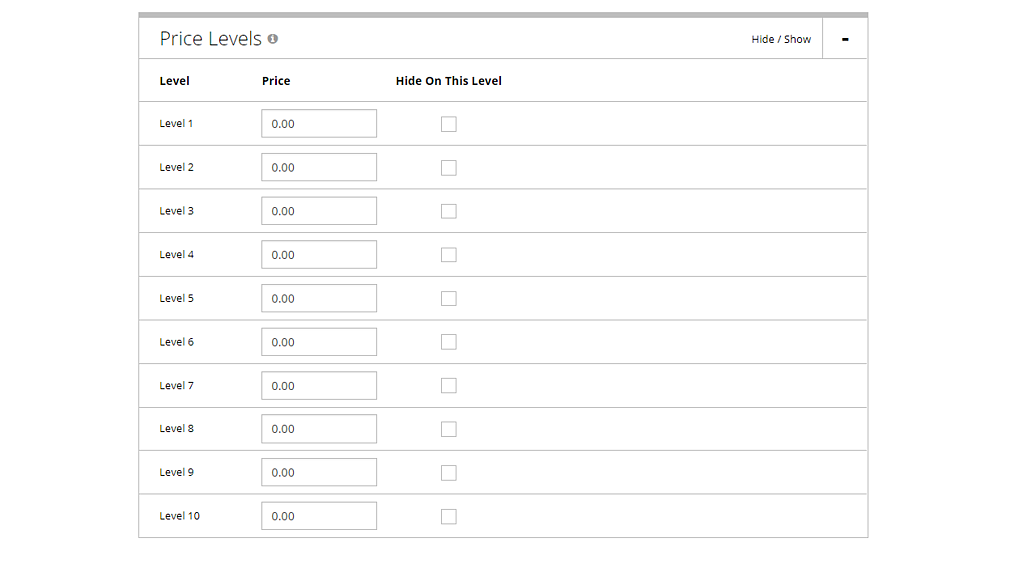
Source: 3dcart
CANNOT MISS 10+ Tips For Better Request A Quote Of Price On ECommerce to Satisfy Customers!
Prices in the B2B sector are not fixed but variable and personalized. Each buyer would want to negotiate the price in their favor. It’s different from B2C in this perspective.
Before making a decision about whether to purchase or not, the process of price negotiation may take a long time and undergo various steps. Therefore, pricing diversification features will help to improve your pricing policy not to offend any customer.
Volume Purchase & Bulk Discounts
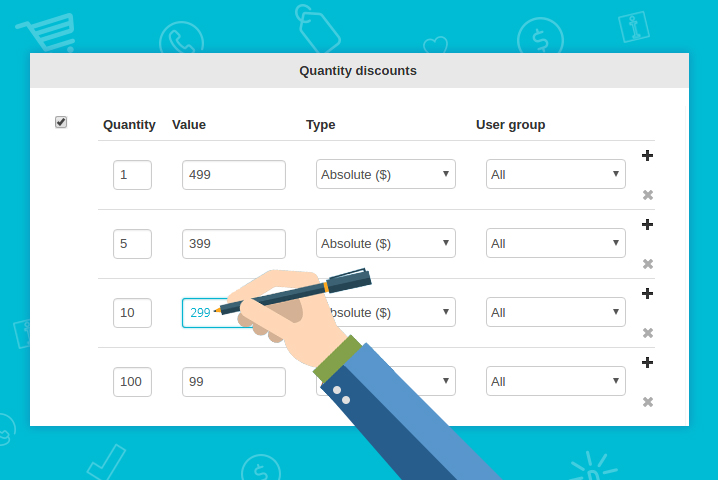
Usually, orders in B2B businesses are in bulk, unlike B2C models. And to encourage your customers to purchase as much as possible and gain their loyalty, quantity discounts are something you should consider.
To do this, your eCommerce platform should have a way to set an amount to allow bulk discounts. Additionally, the discount might be different based on personalized pricing; hence, you can specify different levels of the discount.
Minimum Order Quantity Setting
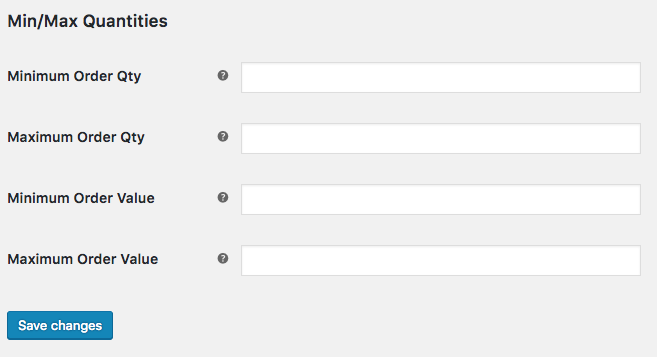
Minimum Order Quantity (MOQ) commonly appears on B2B sites. It sets the lowest quantity that customers have to purchase on an order, or otherwise, they cannot place an order.
This feature is to avoid purchasing behaviors as B2C customers often purchase in small quantities and not concentrated. If that is the case, consequently, it will affect business performance.
Bulk Order Form
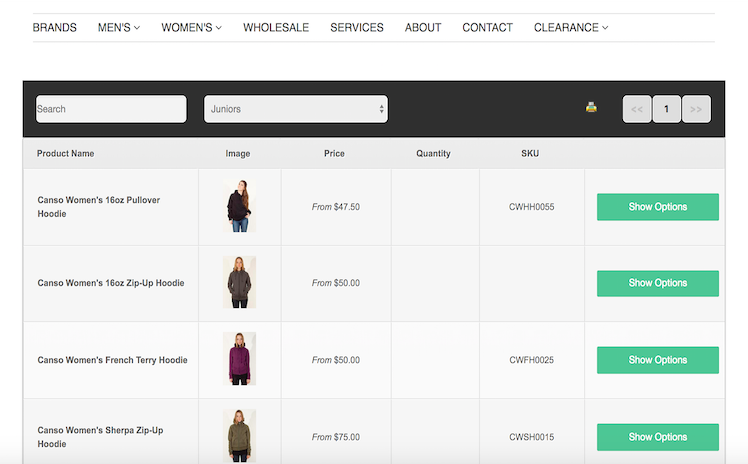
The purchasing process for bulk orders is much more complicated than small-quantity orders. Therefore, to improve the purchasing experience of customers, save time for them to search for the target products, you can create a form that enables customers to fill in the information of products that they want to order.
Normally, the bulk order form adds the option to insert SKU (Stock Keeping Unit) or component numbers on your website to specify the amount they are searching for each product. After adding all wanted items to carts once, the process should be redirected directly to the checkout.
Overall, the bulk order form will simplify the complicated B2B purchasing process.
Magento B2B2C – How to Run B2B2C eCommerce in Magento 2?
If you are a Magento user, you can sell B2B2C or B2B on Magento 2 using the extension package developed by BSSCommerce. The Magento B2B Module package provides everything you need to set up a B2B website of any type, even a B2B2C eCommerce website, on the Magento platform.
* In case you don’t know where to start, let’s download this Magento 2 B2B Starter Guide now! You will get everything in your hand. Complete this form and download our FREE guide immediately!
Features
B2B extension package includes various features to create an optimal B2B website:
- Restrict access:
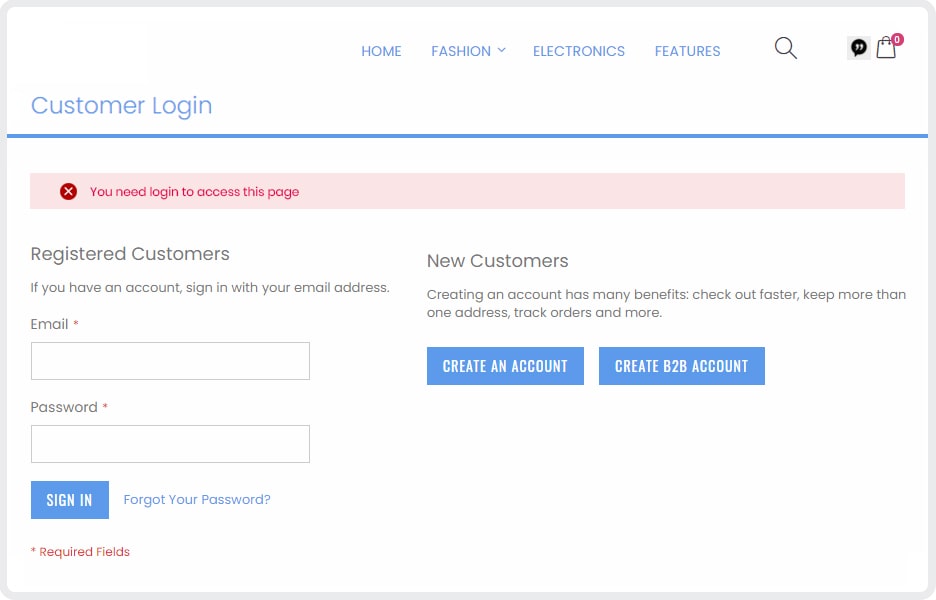
It is a must-have feature on any B2B site and of course, this is included in the package. The feature enables businesses to hide some pages or the whole site for guests, grant access to some categories on the base of the customer group, or encourage guests to create an account.
- Manage corporates:
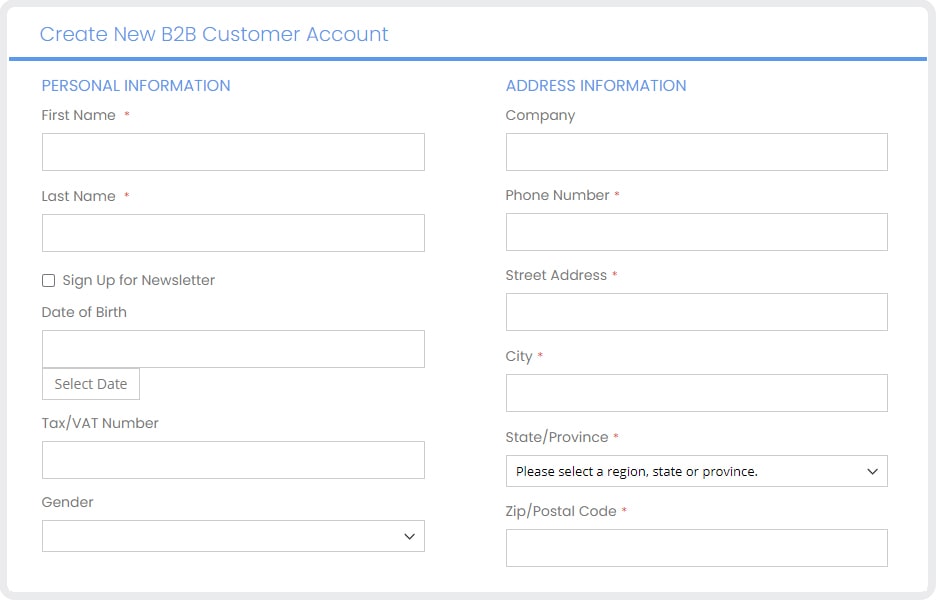
Managing corporates is the other way to define the separated registration form feature. It provides a unique form of collecting detailed information from customers such as an address, tax, identity, etc., to segment customers better, and to maintain a good relationship with customers.
- Diversify pricing:
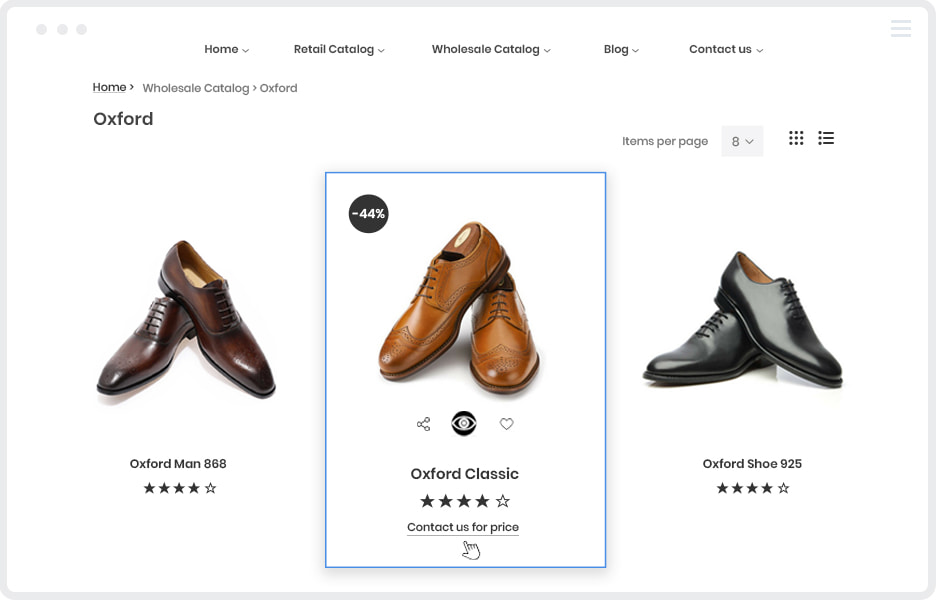
As we have mentioned, B2B pricing is variable. Therefore, this feature cannot be missed in the package. It helps to strengthen the secret price scheme to retain competition against rivals, fasten the negotiation process and request a quote system to create more opportunities to close deals.
- Lighten order placement:
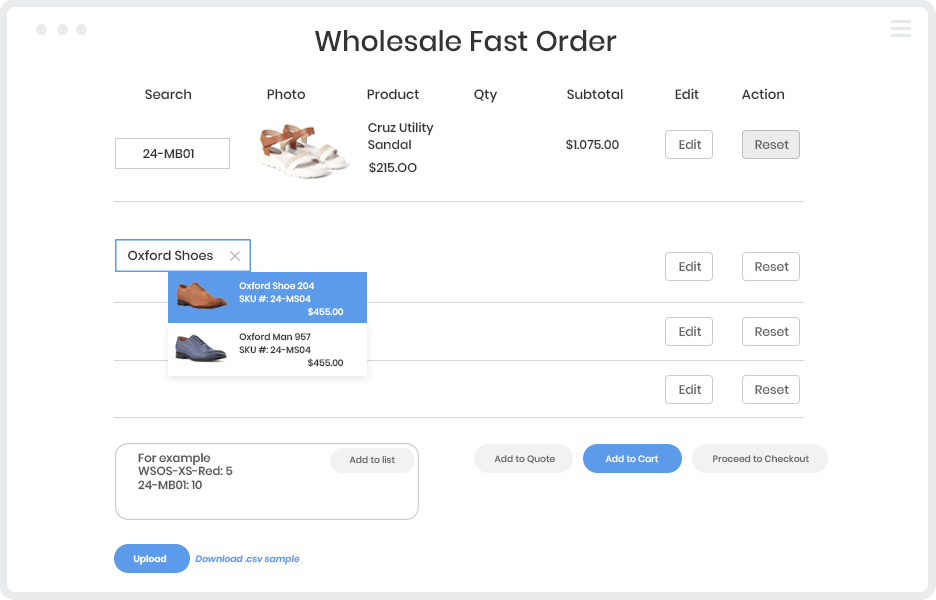
The B2B extension package helps to optimize the whole process to raise customer satisfaction and commitment by fastening the process with the quick order form, requiring the minimum order quantity to enhance the bottom line, smoothing the reorder process, and so on.
- Checkout clarification:
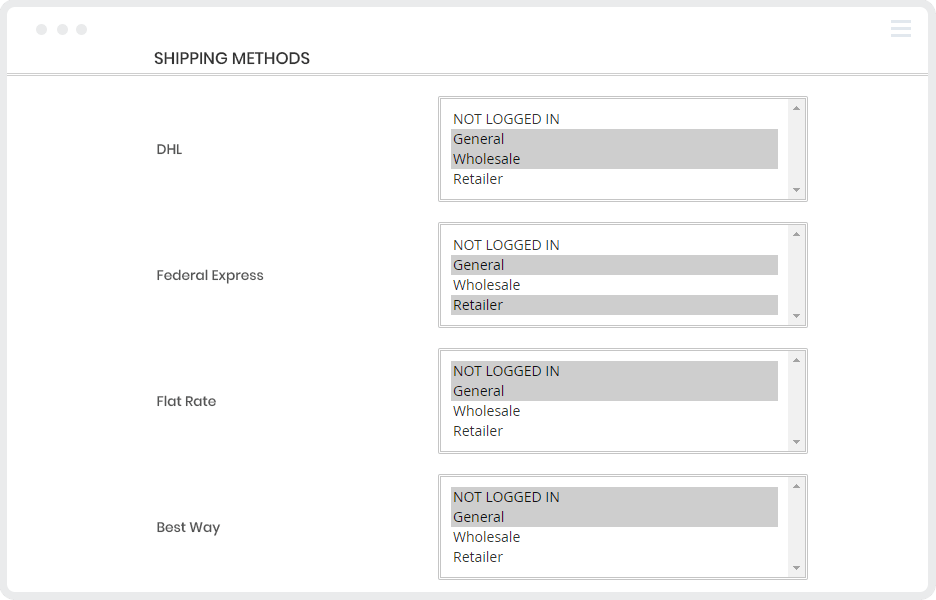
The feature helps businesses to restrict shipping and payment methods for specific customers based on their order amount, intimacy, and locations to escalate profits. Moreover, B2B businesses can also customize their shipping method for each country and region.
- Clients retention:

Bulk orders will create many problems that arise after-sales. The most apparent one is the return process. A complicated and time-consuming return process may be a minus point that negatively affects customer retention.
The extension helps to optimize the process by integrating Magento 2 store credit. Customers can save it for the next spending on the store. This will encourage them to come back to your store and purchase more.
Price & Support Policy
In terms of the price, BSS offers 4 price levels depending on your demand: Basic ($599), Pro ($899), Premium ($1179), and Dynamic B2B (Pay as you go).
Besides, BSS also has a support policy that assists your business when you need help:
- FREE 1-year support
- 60-day money back
- FREE lifetime update
- FREE installation
Final Thoughts
That’s all we want to provide related to B2B2C eCommerce, including the transition from B2B to B2C and the transition from B2C to B2B. We hope that you can successfully run a B2B2C eCommerce business based on our information. We look forward to your success.
By the way, with our certified developers and testers specializing in the B2B industry for many years, we do provide the ultimate service to build a complete B2B2C site at a competitive price point. LET’S SEE what is included in our B2B2C web development service!
Leave us your information in the following form and we will contact you soon to give you the best consultation.
We are one of the leading multi-platform e-commerce solution providers and web development services in the world. With experienced and certified developers, we commit to bring high-quality products and services to optimize our business effectively.


